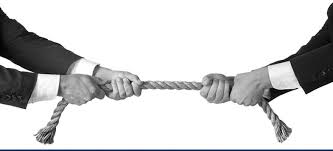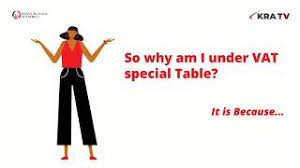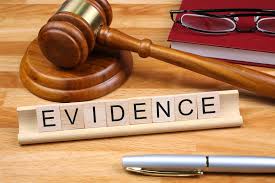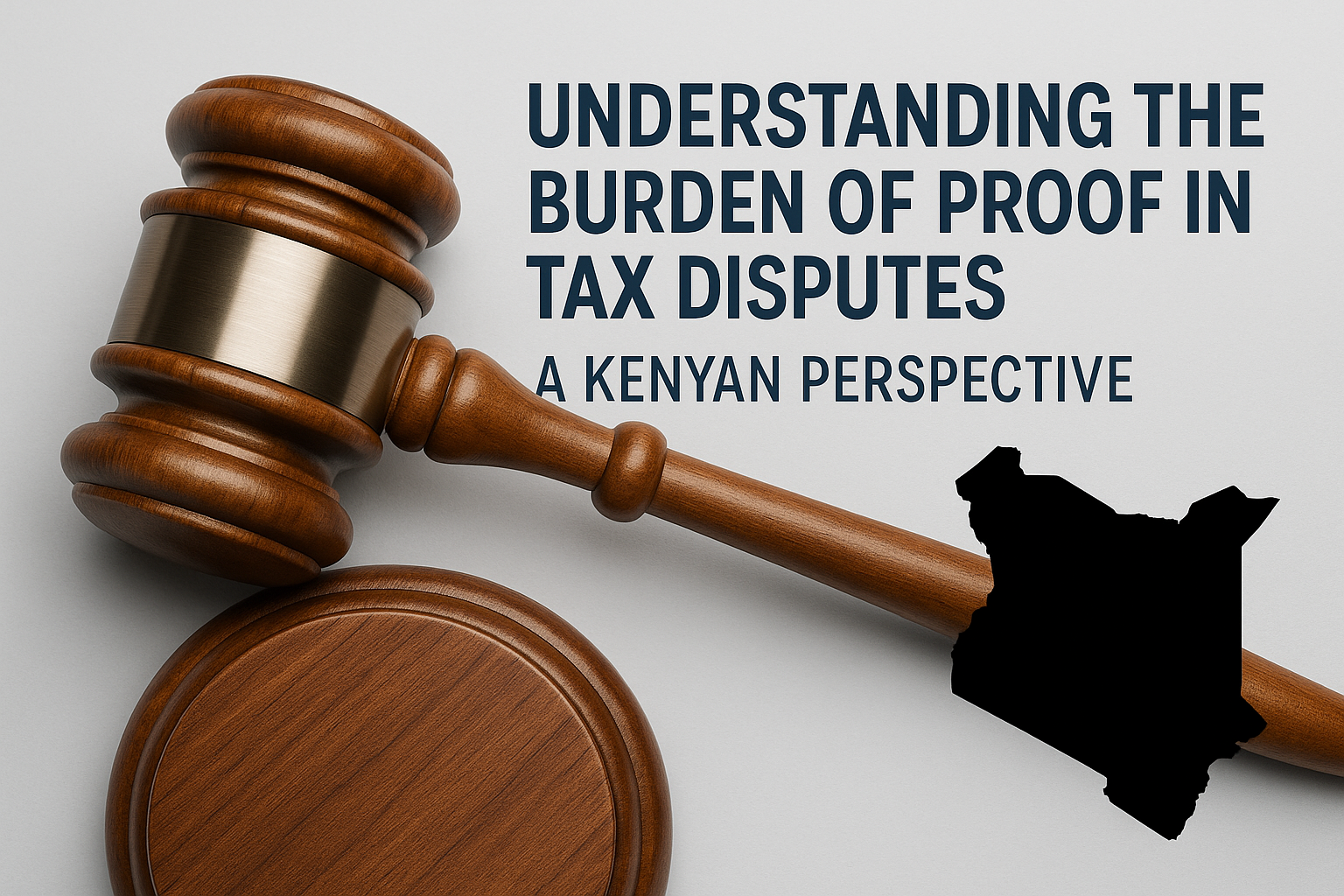Financial controllers are senior managers charged with producing accurate books and records for a company. To do this, they must understand the operations of the business and the underlying relationships between inputs, outputs and the processes that support them. A financial controller’s role begins with being “the numbers person” and extends to creating reports and analyses that support strategic business decisions.
Importance of financial control
1.Financial control at a strategic level
When we talk about financial control at a strategic level, we are referring to the process of evaluation of concurrence and coherence regarding the financial plan and the strategic plan of the organization, ensuring the achievement of objectives of the latter.
With financial control, you avoid last minute surprises at the end of the fiscal year. It is the best way of detecting deviations in budgets and strategic lines and taking appropriate action to compensate, balance and amend.
- Investment policies
Investments are absolutely essential for the development, growth and also the viability of a business, but if they are not strictly controlled, they can be the primary focus of important budget imbalances in a company.
For this reason, the importance of financial control multiplies concerning the investment chapter, which allows you to:
-Evaluate policies related to investment decisions
-Differentiate between investments in immediate and short-term assets and mid- to long-term ones
-Manage debt related to such investments
- Operational perspective
From an operational perspective, through an optimal financial control methodology it is possible to control each of the accounts within the overall balance. Therefore, its importance is paramount, and it is probably the financial control phase where the most controls should be deployed, recording and evaluating all operations and transactions. This function has been made less painful due to wide availability of accounting systems such as SAP, Quickbooks, Xero among others.
- Business and operational strategies
Company policies related to business and operational strategies have as much to do with the generation of income as well as the reduction of costs. Financial control provides detailed and concrete information about these two aspects, in matters such as:
-Price fixing
-Consistence and viability of marketing strategies
-Cost structuring
– Cost reduction measures
The major assets of financial control
- Once problems have been detected, it is possible to take corrective action in time, thereby avoiding surprises and irreparable situations
- It provides an overview of both the business as a whole as well as by departments, and even for very specific actions or items. This permits full awareness of the financial situation of the business and enables action to be taken on the particular focus of the problem
- It allows financial control at all levels of the organization: strategic, operational, investment, etc.
The role of the financial controller varies with the size of the business. Controllers in small companies, whether internal or contractors, are mostly involved in detailed accounting tasks that are beyond the skills of the company’s bookkeepers. In midsize enterprises — where responsibilities are broadest — financial controller duties are likely to include project management, technology, insurance and compliance functions. In large enterprises, financial controllers work with chief financial officers (CFOs), chief accounting officers (CAOs), finance managers and treasurers to control the finance and administration function.
At FHC, we provide financial controller services, reach out to us today and learn more.














